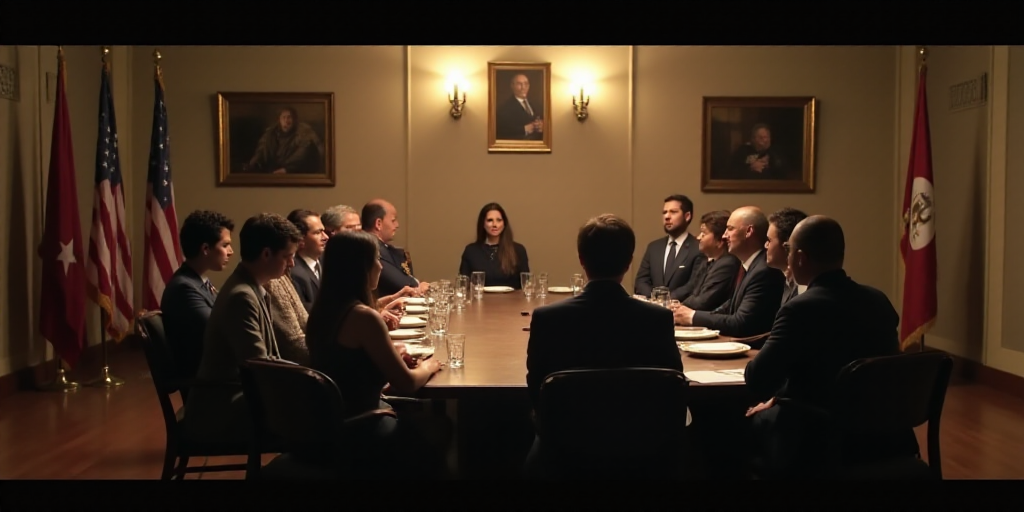Background on the Ley Minera and its Recent Amendments
The Ley Minera, or Mining Law, governs mining activities in Mexico. In May 2023, a transitional paragraph (paragraph third) of Article Quinto was added to the Ley Minera through Decree 8. This amendment has sparked controversy, leading to a legal challenge questioning its constitutionality.
The Legal Challenge and Court Decision
A legal challenge was brought before the Supreme Court of Justice of the Nation (SCJN) claiming that paragraph third of Article Quinto transgresses constitutional principles. The SCJN, with a majority vote of seven to two, decided to deny the challenge.
Reasons for Denial
The court determined that the President of the Republic’s appeal was well-founded, while the complainant’s claim of a constitutional violation lacked merit. Consequently, the court decided to “revoke the appealed sentence and deny the protection to the complainant.”
Impact on Mining Applications
The disputed paragraph states that new exploration and exploitation concession applications will be discarded without further process, as per the Decree 8 provisions. The court argued that this does not violate the principle of non-retroactivity, as those who had applied for concessions before Decree 8’s enactment only held “mere expectations” rather than acquired rights.
Legal Scholar’s Perspective
Lenia Batres, a legal scholar, argues that a norm typically violates the principle of non-retroactivity when it attempts to modify or alter acquired rights or legal presumptions and their consequences under a previous law. However, she acknowledges that exceptions exist when dealing with mere expectations of rights, unrealized situations, or consequences not derived from the regulated assumptions in the previous law.
Amendments to Mining-Related Laws
The contested Decree 8 also reformed various provisions within the Ley Minera, Ley de Aguas Nacionales (National Waters Law), Ley General de Equilibrio Ecológico y Protección al Ambiente (General Ecological Balance and Environmental Protection Law), and Ley General para la Prevención y Gestión Integral de los Residuos (General Law for the Prevention and Integrated Management of Waste). Among these changes, Article 13 of the Ley Minera stands out, mandating that mining concessions be granted through public tenders ensuring the best economic conditions for the state and benefits to the population.
Key Questions and Answers
- What was the legal challenge about? The challenge questioned the constitutionality of paragraph third of Article Quiento of the recently amended Ley Minera, arguing it violated the principle of non-retroactivity.
- What was the SCJN’s decision? The court denied the challenge with a seven to two majority vote, stating that the President’s appeal was well-founded and the complainant’s violation claim lacked merit.
- How does the disputed paragraph affect mining applications? The court determined that discarding pending applications does not violate non-retroactivity, as applicants only held expectations rather than acquired rights.
- What other laws were amended alongside the Ley Minera? Decree 8 also reformed provisions in the National Waters Law, General Ecological Balance and Environmental Protection Law, and General Law for the Prevention and Integrated Management of Waste.
- What changes were made to mining concessions? Article 13 of the Ley Minera now mandates that mining concessions be granted through public tenders ensuring optimal economic conditions for the state and benefits to the population.






